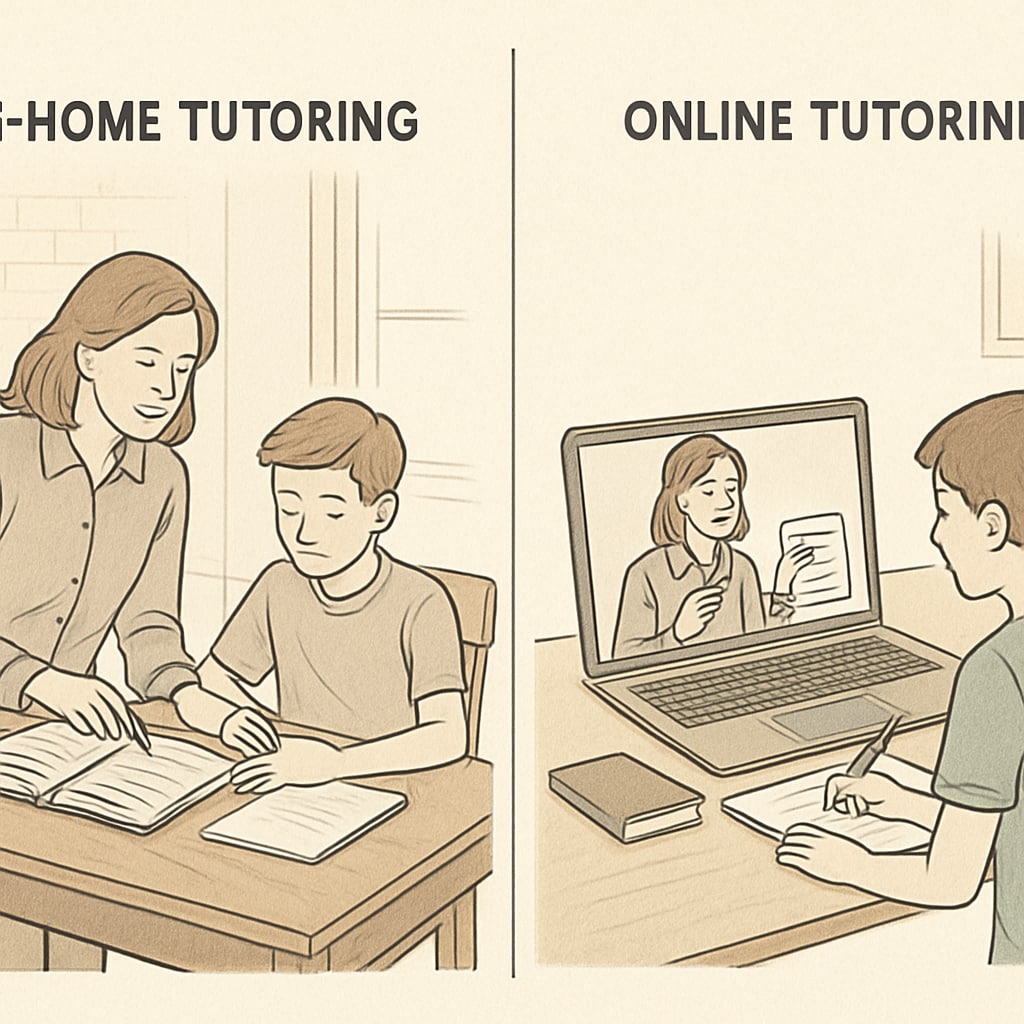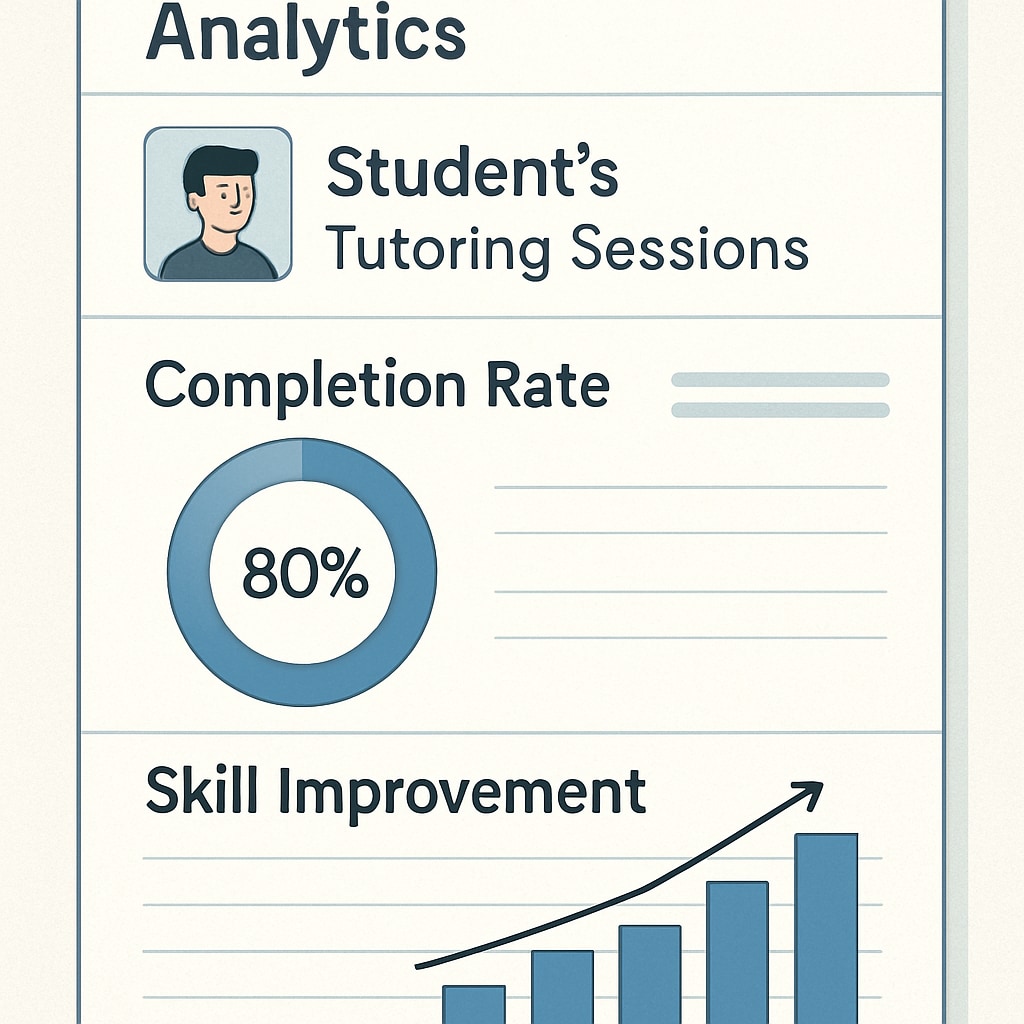When choosing between online tutoring and offline tutoring, parent trust consistently leans toward traditional in-person instruction. A 2023 Pew Research study revealed 68% of parents consider physical presence crucial for effective learning. This preference stems from tangible psychological benefits and perceived accountability that virtual platforms struggle to replicate.

The Psychology Behind Offline Tutoring Preference
Three key factors drive parental trust in face-to-face tutoring:
- Nonverbal cues: 93% of communication effectiveness relies on body language and tone, according to Mehrabian’s research.
- Environmental control: Parents can directly observe learning conditions and minimize distractions.
- Immediate intervention: Tutors can physically demonstrate concepts or correct posture during writing exercises.
Bridging the Digital Trust Gap
Online tutoring platforms can enhance credibility through:
- Verified tutor profiles with video introductions and teaching samples
- Real-time progress tracking dashboards for parents
- Scheduled in-person meetups or facility tours (hybrid models)

Transition Tip: Platforms like Khan Academy successfully combine AI-driven personalization with human mentor check-ins, achieving 72% parental satisfaction in hybrid models.
As education evolves, the trust equation balances technological convenience with irreplaceable human elements. While offline tutoring dominates current preferences, strategic transparency measures can position virtual alternatives as equally credible choices.


